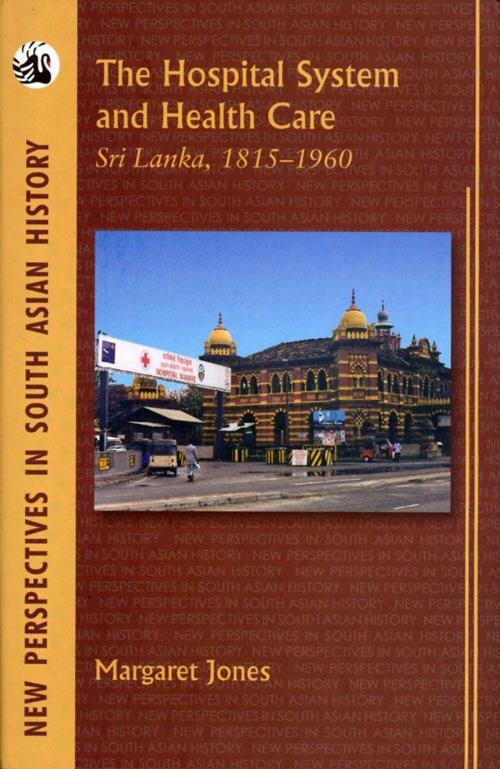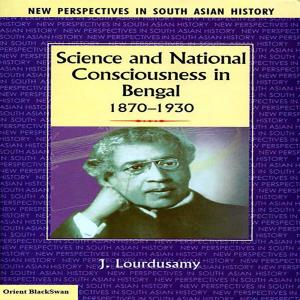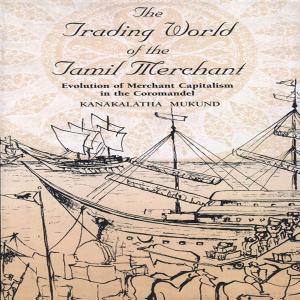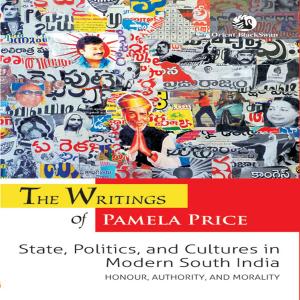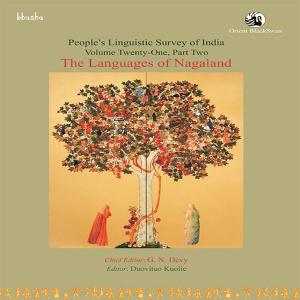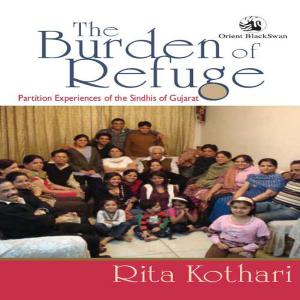The Hospital System and Health Care: Sri Lanka, 1815-1960 (1 Edition)
Nonfiction, Health & Well Being, Medical, Reference, Hospital Administration & Care| Author: | Margaret Jones | ISBN: | 9788125052418 |
| Publisher: | Orient Blackswan Private Limited | Publication: | December 15, 2009 |
| Imprint: | Language: | English |
| Author: | Margaret Jones |
| ISBN: | 9788125052418 |
| Publisher: | Orient Blackswan Private Limited |
| Publication: | December 15, 2009 |
| Imprint: | |
| Language: | English |
There has been an extensive historiographical debate on the role of Western or allopathic medicine in the colonial context. However, most of the literature concentrates on the implementation and significance of public health measures, mental health institutions and the control of epidemic diseases; the role of hospitals per se in this policy transfer has so far not commanded equal attention. An analysis of the medical, cultural and socio-political aspects of hospital development in the colonial context is essential for an understanding of the contribution of Western medicine to the health of indigenous populations and its role in the imperial project.This book breaks new ground in its exploration of the development of the hospital system in Sri Lanka from the beginning of British rule in 1815 through to the post-colonial period. Jones consults the records of the colonial and imperial governments, the archives of the International Health Division of the Rockefeller Foundation, the American Ceylon Mission and the World Health Organisation. In so doing she examines government, mission and philanthropic initiatives in the provision of medical services and suggests that while the hospital system was the driving force behind the establishment of free health care as a right of citizenship it also devoured the limited resources available for health care as a whole.This book is a welcome addition to the growing literature on imperial and colonial medicine and will appeal to historians of medicine, medical institutions and to historians of Sri Lanka through its contribution to the analysis of Sri Lankas post-colonial interventionist state. It will also be of interest to researchers in development and international health.
There has been an extensive historiographical debate on the role of Western or allopathic medicine in the colonial context. However, most of the literature concentrates on the implementation and significance of public health measures, mental health institutions and the control of epidemic diseases; the role of hospitals per se in this policy transfer has so far not commanded equal attention. An analysis of the medical, cultural and socio-political aspects of hospital development in the colonial context is essential for an understanding of the contribution of Western medicine to the health of indigenous populations and its role in the imperial project.This book breaks new ground in its exploration of the development of the hospital system in Sri Lanka from the beginning of British rule in 1815 through to the post-colonial period. Jones consults the records of the colonial and imperial governments, the archives of the International Health Division of the Rockefeller Foundation, the American Ceylon Mission and the World Health Organisation. In so doing she examines government, mission and philanthropic initiatives in the provision of medical services and suggests that while the hospital system was the driving force behind the establishment of free health care as a right of citizenship it also devoured the limited resources available for health care as a whole.This book is a welcome addition to the growing literature on imperial and colonial medicine and will appeal to historians of medicine, medical institutions and to historians of Sri Lanka through its contribution to the analysis of Sri Lankas post-colonial interventionist state. It will also be of interest to researchers in development and international health.
